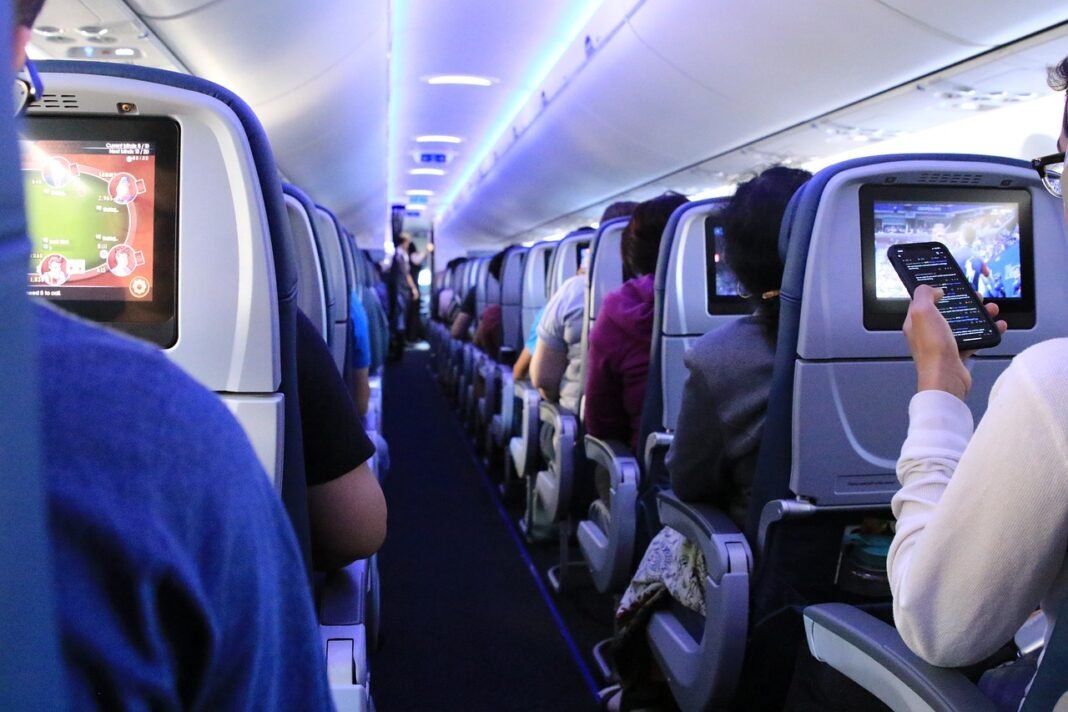Port-au-Prince, Haiti – November 12, 2024
Haiti’s capital, Port-au-Prince, has been thrown deeper into chaos after a Spirit Airlines flight from Fort Lauderdale was struck by gunfire while approaching the international airport on Monday. The shooting, linked to escalating gang violence, led to the temporary closure of Toussaint Louverture International Airport and caused multiple airlines to suspend or reroute flights to and from Haiti, further destabilizing the country’s already fragile situation.
Spirit Airlines Flight Hit by Gunfire
On Monday, as a Spirit Airlines flight was preparing to land in Port-au-Prince, it was struck by bullets fired by local gangs. A flight attendant was grazed by one of the bullets but fortunately sustained only minor injuries. The aircraft was quickly diverted to Santiago, Dominican Republic, where an inspection confirmed visible bullet damage. In response to the attack, Haitian authorities grounded all commercial flights at the airport, prompting other airlines, including JetBlue Airways and Amerijet, to cancel or reroute flights. The U.S. embassy issued an alert warning of the worsening violence and its impact on transportation routes in and around Port-au-Prince, including roads, ports, and airports.
Airlines Suspend Flights, Stranding Travelers
Following the attack, Spirit Airlines grounded the affected plane and replaced it with another to fly passengers back to Florida. Other carriers, including JetBlue and American Airlines, also canceled several flights to and from Haiti. JetBlue, in particular, extended its suspension of flights to Haiti until at least December 2, after discovering bullet damage on another plane scheduled to fly to Port-au-Prince. With the airport now closed and flights canceled, many travelers have been left stranded, further isolating Haiti and worsening the strain on the country’s already overstretched infrastructure.
Gang Violence Intensifies in Port-au-Prince
The shooting that struck the Spirit Airlines plane is just one of many signs of the increasing violence in Port-au-Prince. On the same day, intense shootouts erupted between gangs and police in various areas of the capital. Gangs set fire to homes in wealthier neighborhoods, and civilians fled in fear as schools and businesses across the city were forced to close. This surge in violence marks a dangerous escalation, making daily life increasingly perilous for the city’s residents.
This incident also highlights the growing danger posed by gangs, who have taken control of large parts of the capital and are increasingly brazen in their attacks on both local civilians and foreign entities. The shooting marks the second time in less than a month that gang-related gunfire has targeted aircraft in the region. In October, a United Nations helicopter was also hit by gunfire, forcing it to return to the airport. These attacks are becoming more frequent, underscoring the growing power of gangs in Haiti and their willingness to attack anything, from civilians to foreign organizations.
Political Instability Worsens
As violence escalates, Haiti’s political situation continues to deteriorate. On the same day as the flight attack, Haiti’s transitional council appointed Alix Didier Fils-Aimé as the new interim prime minister, replacing Garry Conille after months of internal disputes. This leadership change occurs at a time when armed gangs have seized control of significant parts of Port-au-Prince, leaving the government struggling to maintain any semblance of control.
Since March, the gangs have steadily expanded their territory, resulting in the near-collapse of the government’s authority. Mass prison breaks have freed violent criminals, and critical services such as healthcare, law enforcement, and transportation have been severely disrupted. The absence of effective governance has left the population at the mercy of these gangs, particularly in wealthier neighborhoods, where residents are caught between rising violence and a lack of government intervention.
Impact on Haitians and Growing International Concerns
The increasing control of gangs over key areas of Port-au-Prince has left residents living in constant fear. Travel has become dangerous, as many roads are blocked and entire neighborhoods are unsafe. Businesses are struggling to stay open, schools have been shut down, and access to basic services such as healthcare and sanitation is becoming increasingly limited.
International concerns are also mounting. Following the recent shooting of both commercial and UN aircraft, the ability to deliver humanitarian aid to Haiti has been severely hindered. With the airport now closed and flights canceled, the logistics of providing support to those in need have become much more difficult. Countries like the United States have issued travel warnings, advising their citizens to avoid traveling to Haiti due to the escalating violence.
As the situation in Haiti continues to spiral out of control, many Haitians are desperate for an end to the gang rule that has engulfed the capital. However, with the political situation remaining unstable and the gangs consolidating their power, there seems little hope for immediate change. The prospects for peace and stability are uncertain, and the future of the country remains in jeopardy. Haitians and the international community alike are watching closely, hoping for a resolution to this deepening crisis, but the outlook remains grim.
